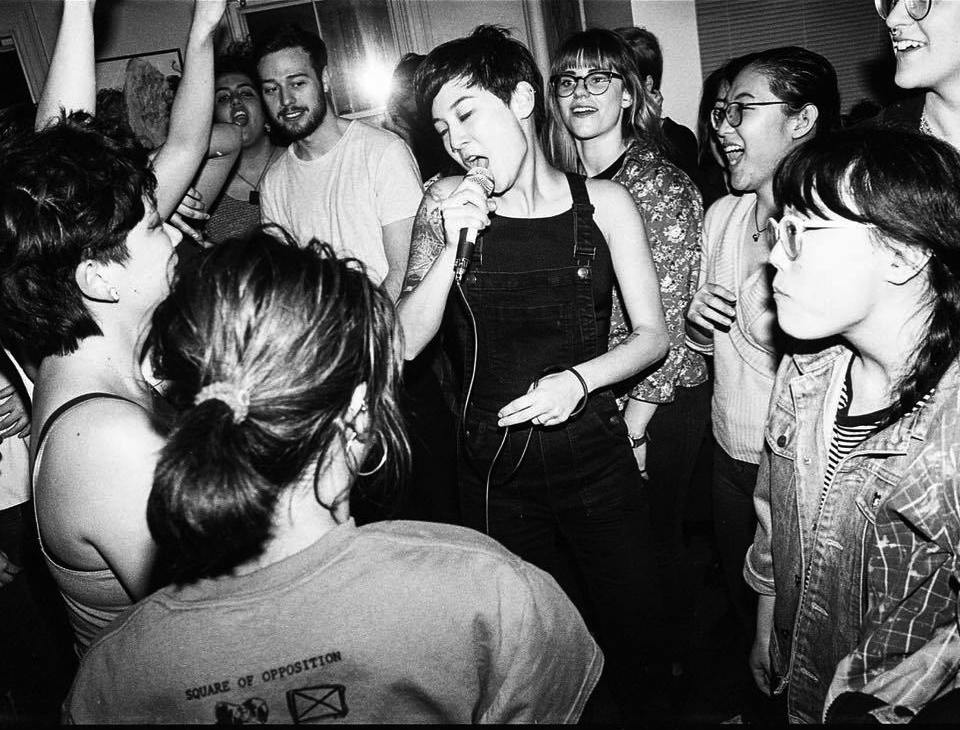'Fight Hard As Hell to Keep Being a Good Person' – Japanese Breakfast Talks Tragedy and Triumph Ahead of Dec 2 Yue Space Gig
Although music was a means to mourn for Michelle Zauner after her mother’s passing, one of her songs became all the more cathartic when she found out what it came to mean for a fan.
“Someone recently tweeted they danced to ‘Till Death,’ at their wedding,” Zauner, who performs under the moniker Japanese Breakfast, says of the sweetly tender, horn-laden track from her 2017 album Soft Sounds From Another Planet. She adds that the newly betrothed fan “sent me a really lovely picture from their wedding. I wrote that song about marriage, and how grateful I was to have a partner who really stuck by my side during a really hard year of my life.”
Soft Sounds From Another Planet and especially her preceding album, 2016’s Psychopomp, were written and recorded in the wake of Zauner’s mother succumbing to cancer. Both gorgeously cathartic LP’s have been earning her throngs of fans and have helped her breakthrough on her own after finding some success in the Philadelphia emo band Little Big League. Ahead of her Dec 2 performance at Yue Space, Zauner tells us about turning anguish to joy through songs, becoming an inspiration for her fellow Americans of Asian descent, and more.
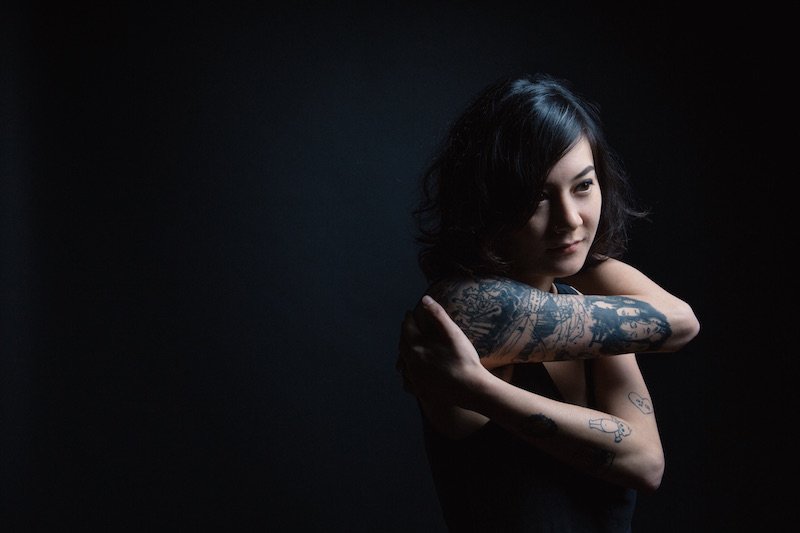
Tells us about striking out on your own as Japanese Breakfast, and how the project helped you withstand tragedy.
I started writing songs under the Japanese Breakfast moniker in June 2013. I think I felt a bit stifled by Little Big League and wanted to try arranging and producing songs myself. I also wanted a project where I could just release things immediately, which is why I wrote and recorded songs every day for the month of June.
American Sound is sort of a random collection of demos and Where Is My Great Big Feeling was another song-a-day project I did for a week with Frankie Cosmos, Eskimeaux, Florist & Small Wonder, that unfortunately coincided with the week I found out my mother had cancer. I didn’t actually write any music when my mom was sick beyond that week I don’t think – I was very busy trying my best to be a caretaker and to stay afloat emotionally. I wrote Psychopomp a few months after she died and I think it was kind of like a private artistic project that helped me process what I was feeling.
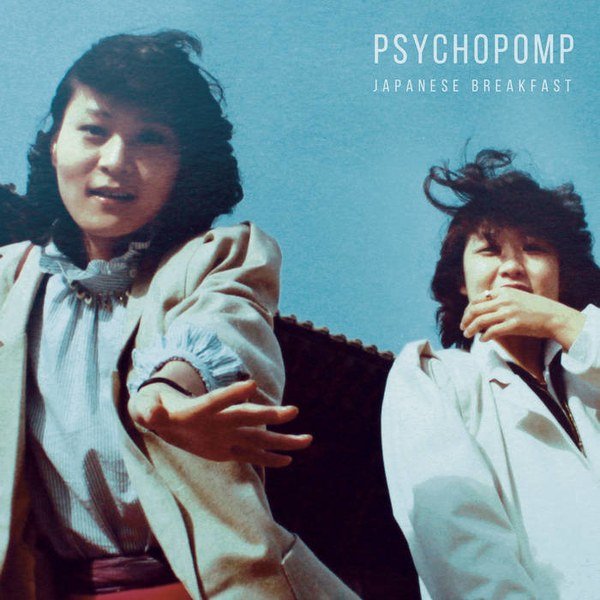
In other interviews, you’ve described the process of sampling music for Japanese Breakfast as "self-meditative." What are some examples of that, and how did they help you on a personal level?
For this album I think “Body is a Blade,” was a good mantra that was definitely self-meditative. That song is basically about trying not to let life’s hardships make you into a bad person, to fight hard as hell to keep being a good person. It’s all there in the lyric: “Try your best to slowly withdraw from the darkest impulses of your heart, try your best to feel and receive, your body is a blade that cuts a path from day to day.”
The song “Diving Woman” is also a similar sort of mantra. It’s about a desire to work hard every day, to be a woman of regimen until the days get easier and one day you can wake up and enjoy yourself again.
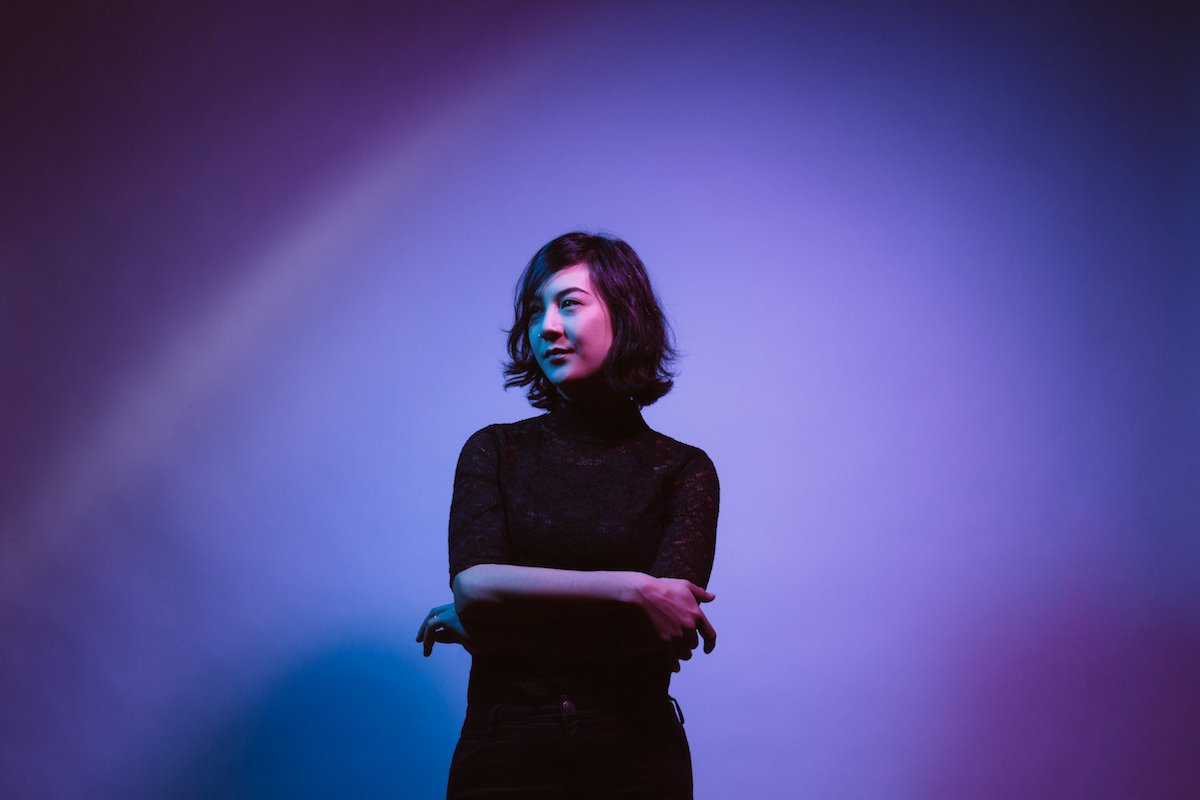
Aside from working through emotional pain with your music, I’ve read that you also want Japanese Breakfast to help you "play with a feeling of Asian-American visibility." What did you mean by that?
In the US, a lot of Asian-Americans have thanked me for representing them in music. To be honest it’s a new thing. When I was in Little Big League, I never played to that kind of audience before, despite obviously always having been Asian-American.
I think the landscape is changing quite a bit and I was lucky to be given a more visible platform in the last couple of years. I think because I’ve had more of that kind of encouragement I do like to be open about my experiences on social media and incorporate it as more of a wink in my art, like the “In Heaven” and “Everybody Wants to Love You” videos, and the lyrics in “Diving Woman.”
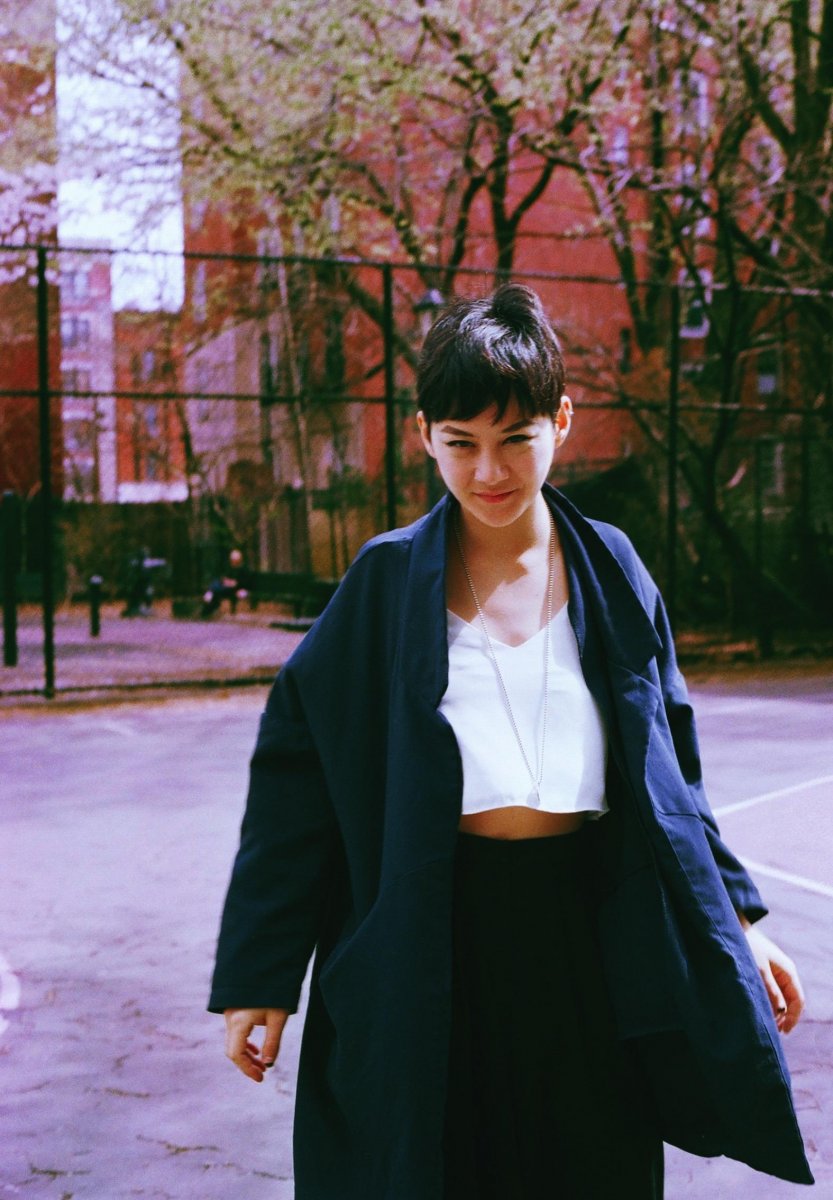
Tell us more about the lack of such visible Asian artists when you were growing up, and how you want to change that for the next generation.
It makes me feel good that I am providing more visibility for the Asian-American community because I definitely didn’t have many role models growing up that I felt looked like me. It’d be nice to just see more and more, and I feel like I have a bit of a responsibility to encourage more Asian-Americans to become involved in the arts. Sometimes it is hard because a lot of Asian parents can discourage involvement in the arts. I know for me, personally, my mom really didn’t want me to become a musician.
Lastly: what's next for Japanese Breakfast?
Our Asia tour ends in Seoul actually, so I’m going to stay there for about a month and a half to work on some writing. I’ve been really into video work lately, so I hope to direct a couple more music videos and maybe even work on some kind of short film. I’d also like to start working on our next record and start writing a food memoir I’ve been wanting to write for a long time now.
And of course, we are always working hard to make sure our live shows keep getting better and better – picking apart songs, investing in our tone, and bringing the fun!
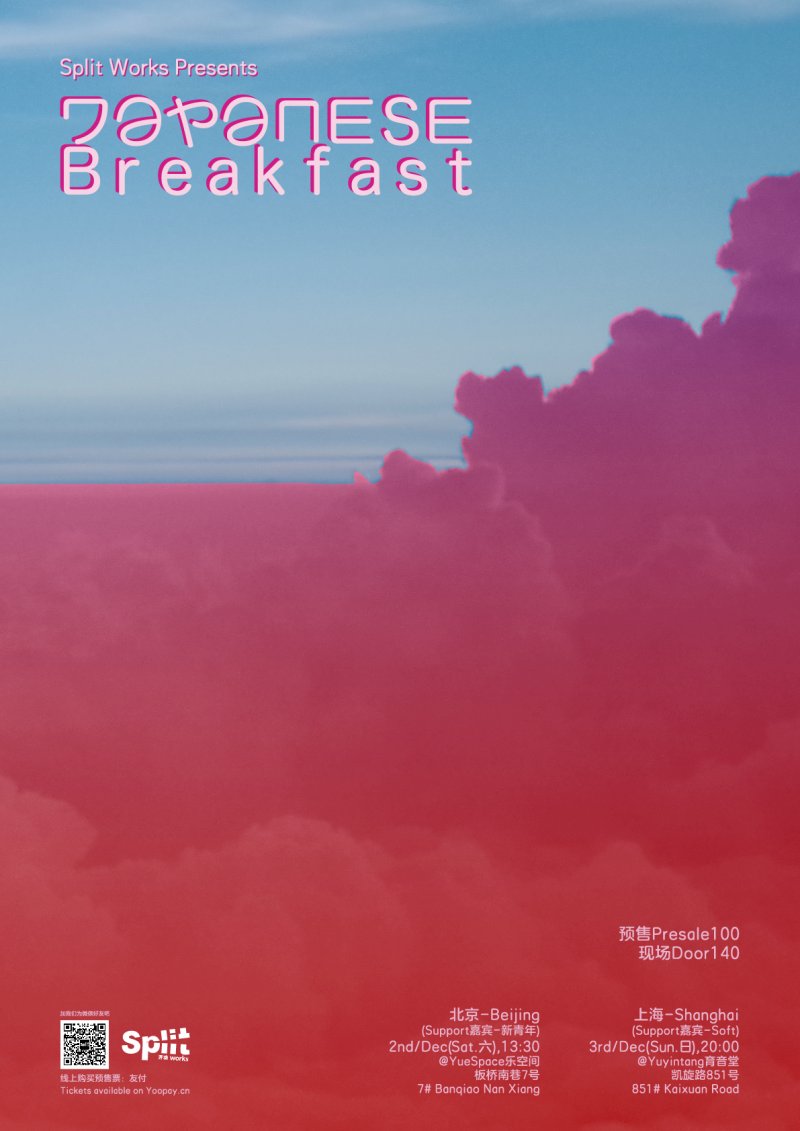
Japanese Breakfast will perform at Yue Space on Dec 2 at 1.30pm (yes, it’s a special brunch-time show that’s no doubt a wink to Japanese Breakfast’s moniker, and the promoters Split Works say there will also be food on site). Zauner will have a band backing her up, meaning this will be a four piece rather than a solo show. Tickets are RMB 140 (RMB 100 advance). For more information, click here.
Photos: 36vultures, courtesy of Japanese Breakfast, Vice, Split Works

